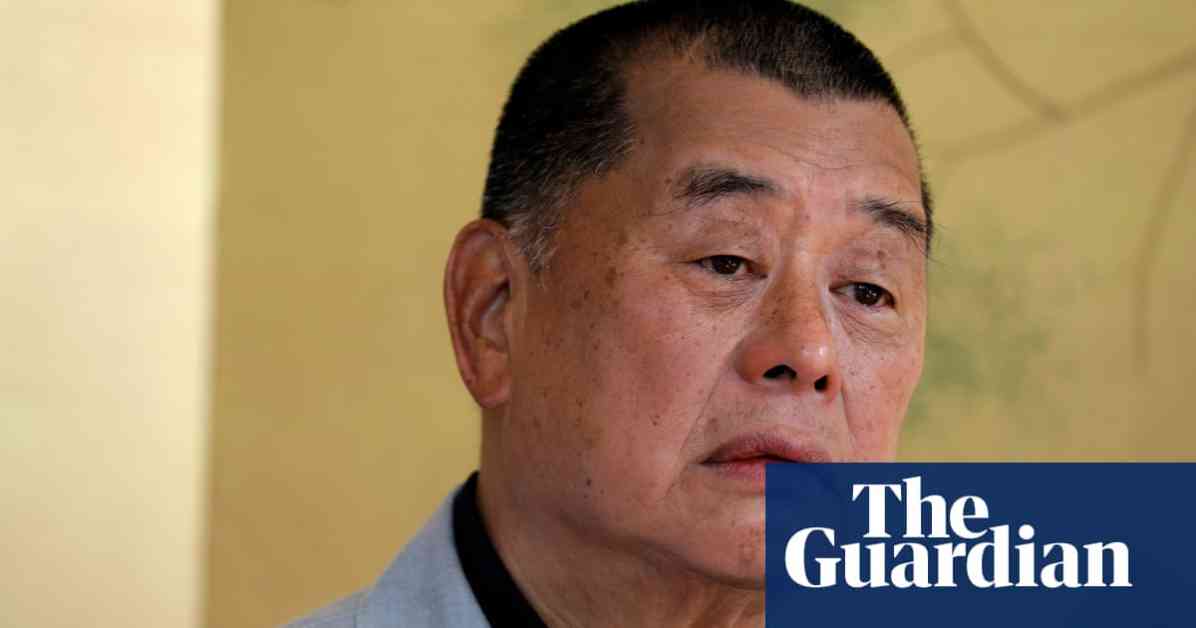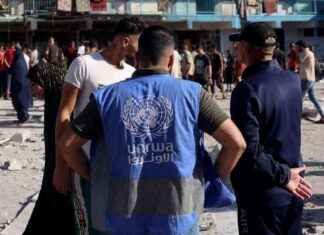Chris Patten, the former governor of Hong Kong, has spoken out against the recent decision by the city’s top court to uphold the conviction of Jimmy Lai and other pro-democracy activists. The court of final appeal in Hong Kong unanimously agreed to uphold the convictions of seven activists who participated in an unauthorized protest in 2019, which saw a massive turnout of 1.7 million people opposing Beijing’s control over the city.
Among the judges upholding the conviction was David Neuberger, a British justice serving in the former British colony. Patten, who is now a patron of Hong Kong Watch, expressed his disappointment in the verdict, stating that it highlights the deteriorating state of the rule of law in Hong Kong. He specifically called out Lord Neuberger, noting his previous stance on human rights protection and the rule of law.
The ruling focused on whether the convictions were in line with the defendants’ fundamental human rights, such as freedom of expression and assembly. Neuberger, in the written judgment, mentioned that these questions were fully considered by the chief justices. However, the decision has sparked criticism from various quarters, including human rights groups and the UK government.
Jimmy Lai, a prominent media mogul and British citizen, was one of the defendants in the appeal. He is currently facing separate national security charges in what has been described as politically motivated proceedings. Calls for his release have been mounting, with concerns raised about the chilling effect of his prosecution on media freedom in Hong Kong.
The presence of overseas judges in Hong Kong has also come under scrutiny, with some resigning due to concerns about the rule of law in the city. Despite this, Neuberger has expressed his intention to continue serving in Hong Kong, citing the judiciary’s independence and integrity.
In addition to Lai, other veteran pro-democracy activists had their convictions upheld in Monday’s ruling. The situation in Hong Kong continues to draw international attention and criticism, with calls for greater respect for human rights and the rule of law in the city. The implications of these legal decisions extend beyond the individuals involved, raising broader questions about the future of democracy and freedom in Hong Kong.



























